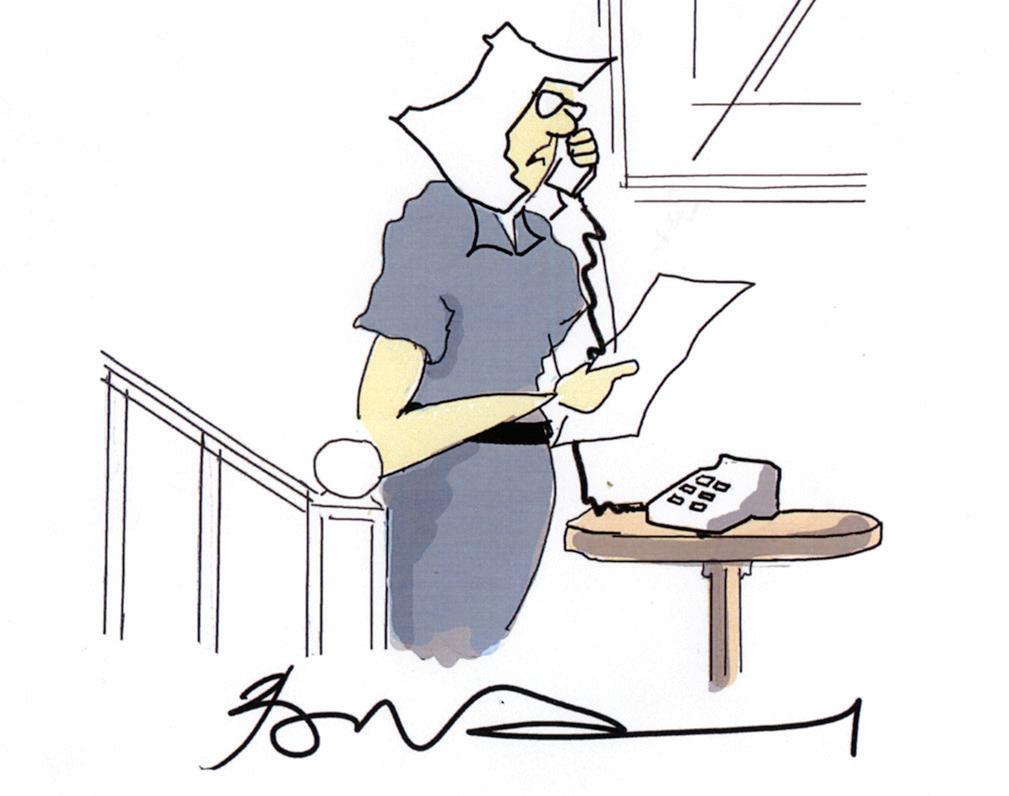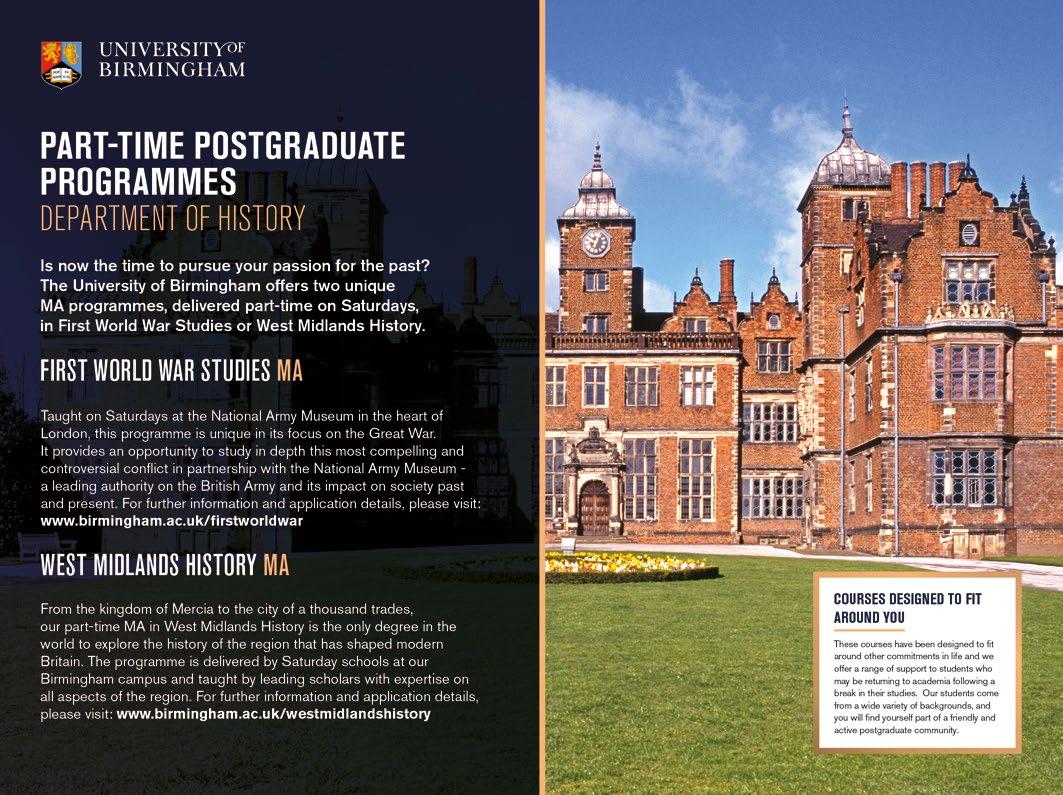
5 minute read
King of the Blues: The Rise and Reign of B B King, by Daniel de Visé
purchase in his Sussex house for a weekend and then, if he liked it, pay up the following Monday.
Paul Mellon’s wife loved flower paintings, particularly with a basket in them. That’s why Speelman ends up selling her husband Jan Brueghel the Elder’s Flowers in a Basket and a Vase for £85,000.
Advertisement
For Speelman, the thrill of the chase can be as alluring as the beauty of a masterpiece. The two monkeys referred to in the book’s title are almost identical versions of a picture by George Stubbs, painted some 20 years apart. The poorerquality painting belongs to the Walker Art Gallery, in Liverpool. The superior version was discovered by Speelman hanging in the top row of a job lot of low-grade paintings in a minor sale at Sotheby’s:
‘I climbed up and took a close look at it. As filthy as it was, two things were immediately evident: the light-coloured patch of hair above the monkey’s ear was brilliant in its execution and, beneath all the dirt, the right eye was superb.’ He still owns the painting today.
To be in the company of anyone who loves their work is infectious, and Speelman’s delight in the pictures (and deals) that have passed through his hands is palpable. His life and career have been filled with rare pleasures. It is a pleasure to revisit them alongside him.
The Duchess of Beaufort is author of Chin Up, Girls! A Book of Women’s Obituaries from the Daily Telegraph
A CHRISTMAS CRACKER Guitar man
WILL HODGKINSON King of the Blues: The Rise and Reign of BB King By Daniel de Visé Grove Press £20
In June 1983, the prominent citizens of Indianola, Mississippi, both black and white, got together to throw a garden party for the city’s most famous son.
Nobody was more surprised than the man himself. BB King (1925-2015) had grown up under the codified racism known as the Jim Crow laws, under which separation of the races was constitutional. Drafted for the Second World War in 1944, aged 18, King was on a bus filled with fellow black conscripts when one of them leaned out of the window and said, ‘How y’all doing?’ to some white women in the street. When the bus stopped in the next town, a man cousin, the pioneering Delta guitarist Bukka White. So began his life as an itinerant bluesman, which continued pretty much until his death in 2015.
De Visé’s investigations throw up some surprises. King did little to dispel his image as an inveterate womaniser and never denied paternity claims – although in later years he did move to a gated community in Las Vegas to stop any potential offspring from turning up unannounced. But an incident in the war years made those claims unlikely. Following a bout of gonorrhoea, King’s testicles swelled up to the size of a melon, which an army doctor dealt with by resting the enlarged gonads on a tree trunk and slamming a book down on them. Given that he never had any children with his wife, Martha, it is likely that the incident left King infertile.
Despite his vast success, King also appears to have been perennially broke. An addiction to gambling and a generous nature didn’t help; nor did a lackadaisical attitude to taxes which left him owing millions to the IRS. But there was bad luck, too: a bus crash in 1957 that killed a truck driver and brought a $375,000 lawsuit from his widow; the blues falling out of favour in the early ’60s; the usual managerial rip-offs.
Help came from a generation of callow British youths, Clapton and the Rolling Stones among them, whose discovery of the blues in the mid-’60s introduced King to white audiences, in front of which he remained for the rest of his life. Along the way we get a portrait of a likeable fellow with a stutter, an appealing humility and an ability to make his guitar sing in a way that has not been matched before or since.
Reading King of the Blues made me want to dig out those old BB King records and soak in the magic all over again.
with a rifle stormed on board and threatened to shoot every single one of them for ‘yelling at my daughter’.
In 1950, by which point he had left an intended life as a plantation worker to carve out a name as one of the most promising blues guitarists on the all-black Chitlin’ Circuit, King was arrested by a white cop for speeding, fined 90 dollars which the policeman knew he couldn’t possibly have and thrown in jail.
After a lifetime of being reminded of his status as a black man in America, the garden party was a significant gesture. Not everyone was keen on it, though. ‘I don’t think I’ll make it to see ol’ B B,’ a white man in the local pool hall told one reporter. ‘He’ll have plenty of his people out there to keep him company.’
From the way Daniel de Visé tells it in his clear-sighted, definitive biography, BB King’s journey from poverty-stricken beginnings to becoming the best-loved bluesman of all time mirrors the black experience in 20th-century America. When, in 1983, the country’s first blues archive was set up at the University of Mississippi, where 20 years previously white students had rioted over the enrolment of a black student King was asked why the blues was born in the Delta.
‘That’s like asking why life began where it did,’ came the reply. But the blues, with its eerie spaciousness and stoic acceptance of suffering, sounded like the Delta, a muddy expanse of flood plain on which an empire of cotton was grown on the backs of slaves and their descendants.
King lost his mother when he was ten. He was 15 when he witnessed a young black man being lynched for ‘touching a white woman’. A year later, he saw a way out of the sharecropping life when he bought his first guitar. Running away from the plantation he worked at in 1946, after crashing the owner’s tractor, King headed to Memphis to seek out his
‘We used to leave the lights on to deter burglars. Now it attracts them because they think we must be loaded’
Will Hodgkinson is the pop critic for the Times













